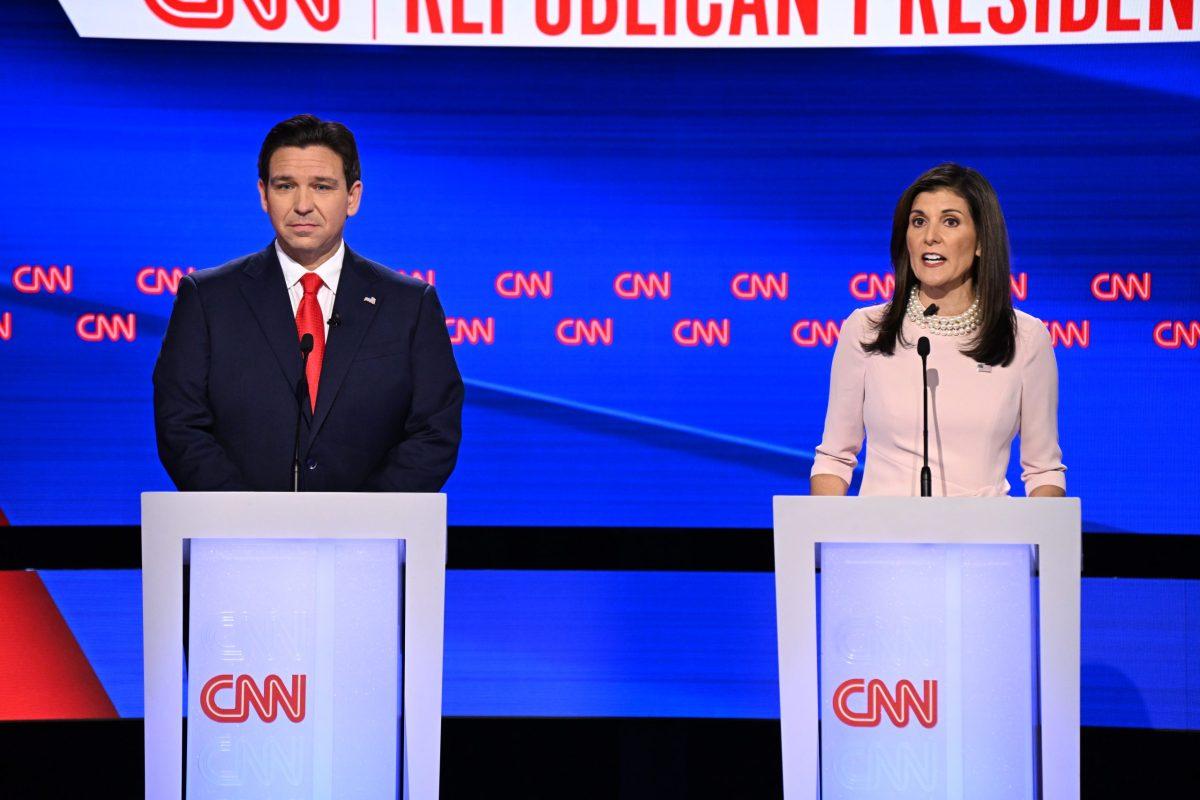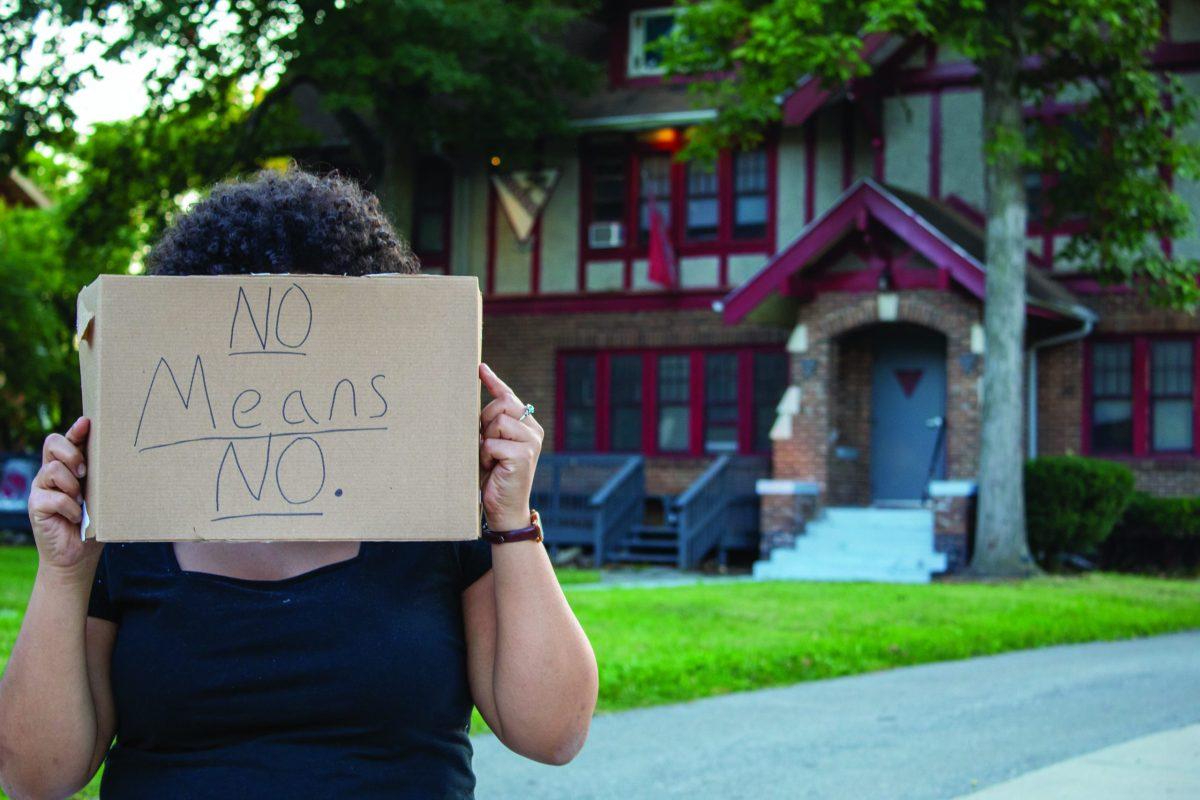Doherty is a sophomore public relations major and can be contacted at [email protected].
Imagine a fully loaded 747 airliner crashing to the Earth, killing everyone aboard. Now imagine this deathly crash happening every three and a half weeks. That’s the number of people that will die this year waiting for a life-saving organ.
At the age of 11, my little brother was diagnosed with a rare type of liver cancer known as heptoblastoma. The events that followed would change the way I see organ donations forever.
I remember checking the little box on my driver license and thinking, “Sure, I’ll be a donor.” After it was checked, I didn’t think about it again. And, in reality, that is the mindset of most people — until someone you love nearly dies because a vital organ can’t be found in time.
According to the United Network for Organ Sharing, there are approximately 113,000 people on the waiting list for an organ right now. Eighteen of those people will die today, and 6,750 of those people will die this year.
Although many of us are already donors, some are still hesitant to make the commitment. According to a New York Times report, some Americans fear that deciding to be a donor makes doctors more likely to give up on them in a time of crisis. This argument is false. According to the Mayo Clinic’s article on organ donation myths, the medical team that treats you does everything possible to save your life — donor or not. Only after you’ve died is the transplant team notified, and that isn’t until your family has given donation consent.
Even if you have decided to become a donor, it still doesn’t guarantee your donation. The next-of-kin must provide consent at the time of your death. According to the Kidney Foundation, 12,000 people die each year that meet organ donation requirements. Yet, only half end up donating. This is because their loved ones aren’t sure of their final wishes. That’s why it’s essential to tell your loved ones that you want to donate. Thankfully, we’ve made this easy for you.
An online organization called “Check it Forward” allows you to state your intention to be an organ donor via Facebook. It lets those around you know the commitment you’ve made to save lives while encouraging others to do the same.
When my brother started his battle with cancer, he endured not one, but two liver transplants. Organ donors saved my brother’s life. Who knows? Maybe one day it’ll save your mother’s, father’s, husband’s, wife’s, sister’s, brother’s or child’s life.
So, here’s what you can do to help. Log on to Facebook. Search for “Check it Forward” and click the page. Click “Like.” Next, click “Share.” Congratulations, you have potentially given someone the greatest gift they will ever receive — the gift of life.
It’s time we changed how organ donation is viewed. It’s time we lowered the waiting list. We kick ourselves when we waste massive amounts of food. Why? Because we know others are starving. So why should we treat organ donation any differently? Don’t waste organs. Donate them.






